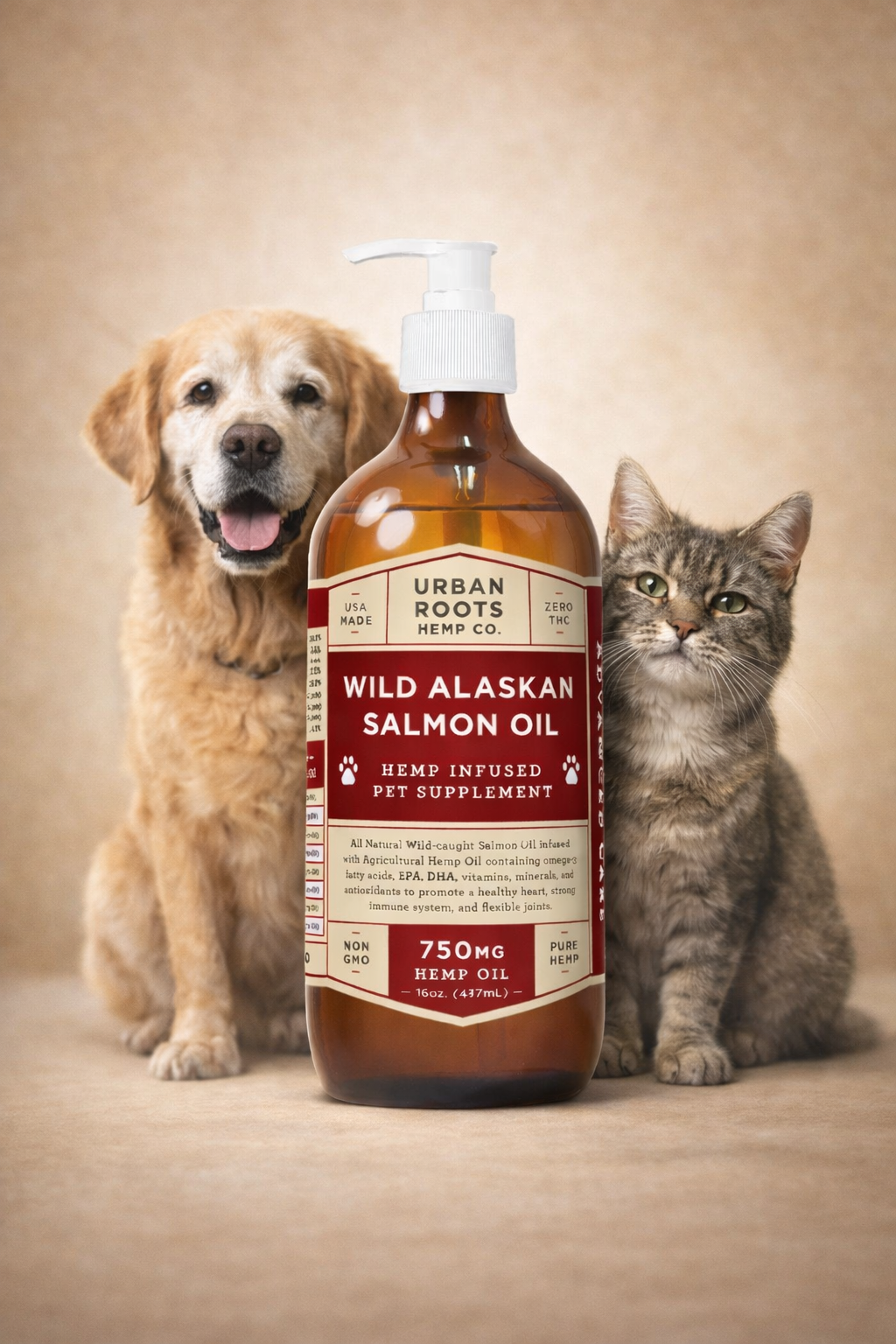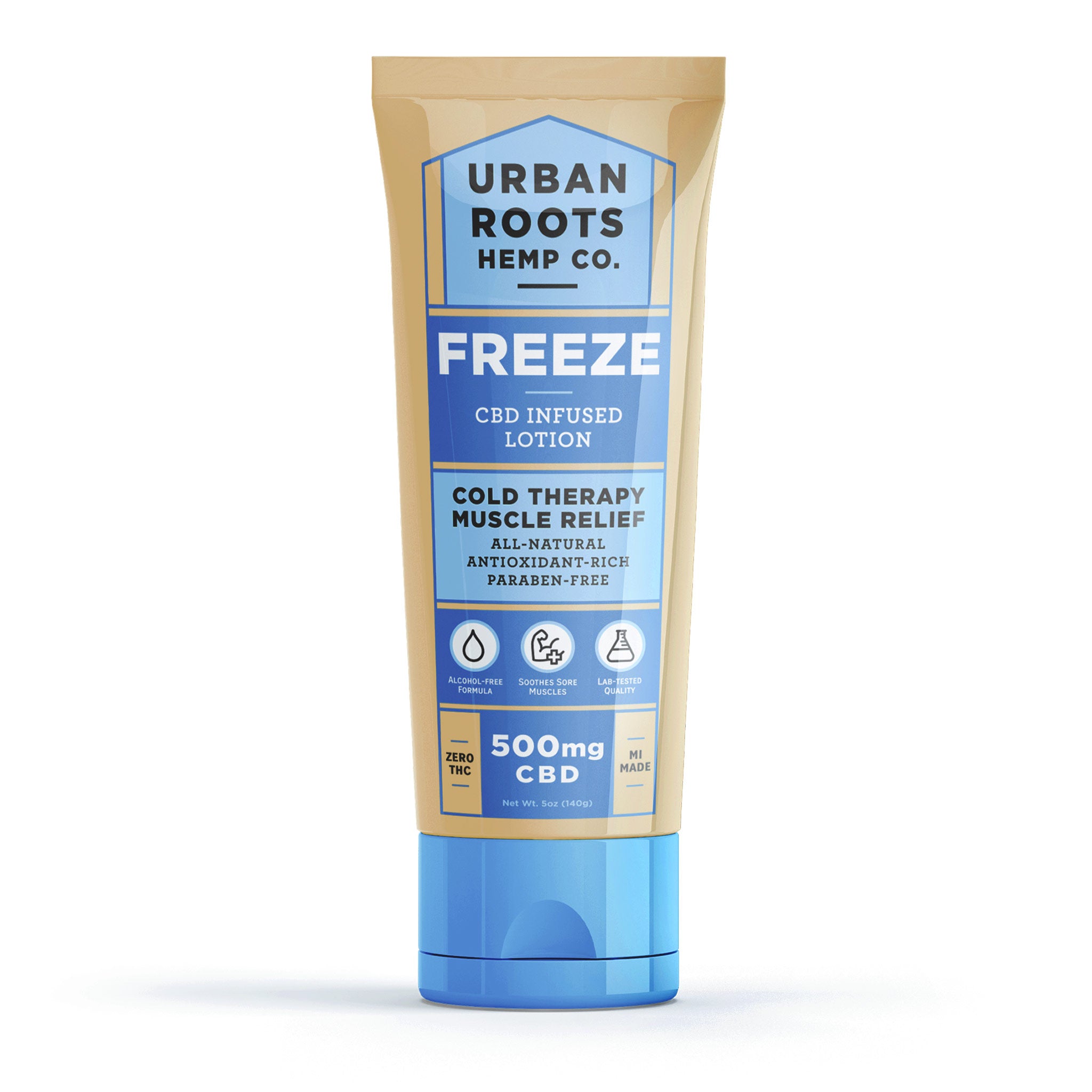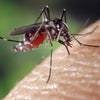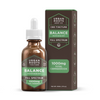CBD and Skin Care Products

CBD is found just about everywhere these days. The list of products that contain the chemical compound continues to grow to include everything from post-work-out drinks to dog treats.
It’s widely used for both people and their pets for its reported relief of inflammation, pain, anxiety, stress, insomnia, and many other things. CBD’s use and potential applications have become so diverse that the running joke is that probably everyone has at least one problem that CBD may help solve.
However, one of the most exciting developments of CBD is its increasing use in skin care products. When it comes to skin, the possible benefits are reported to include everything from wrinkles to acne to rashes. More and more brands are developing new beauty and skin care products that contain CBD to try and capture some of the newly exploding market.
As with many products that contain the substance, some people might be a bit skeptical that CBD in their skin cream will actually bring them any benefit. We can’t really blame you; any time there is a lot of hype and attention on a new type of health product, it can be difficult to discern what the facts are and what is just fancy or misleading marketing.
Well, here’s what we know so far about CBD and skin care.
Our Amazing Endocannabinoid System
Let’s start with a refresher of the basics: what is our endocannabinoid system?
As we’ve explained before in several of our articles, the endocannabinoid system (ECS) is essentially a biochemical communication highway within our bodies. It is a network of receptors, enzymes, and biochemical pathways involved in manufacturing and using the body’s own form of cannabinoids: endocannabinoids (“endo” meaning "originating within the body").
After this system was discovered in the 1960s, and as research has continued over the decades, medical researchers discovered that our bodies produce these endocannabinoids and that they are part of a wider system that has far reaching effects. They also realized that the reason cannabinoids (compounds similar to endocannabinoids, but produced by the Cannabis Genus of plants like hemp and marijuana), like CBD and THC produce effects in our bodies is that they too can tap into this system.
In a nutshell, this research established that cannabinoids trigger receptors found throughout the endocannabinoid system. These triggers then initiate changes throughout our nervous and other bodily systems.
Scientists have now concluded that cannabinoids can modulate many physiological systems in the human brain and body.
Okay, so what does this mysterious new system that you may never have heard of have to do with your skin care products? Well, as you may have guessed, the endocannabinoid system is intimately involved with your skin.
Skin and the Endocannabinoid System
Although we can be rough on it from time to time, our skin is our largest, and one of our most important, organs. It’s a highly active structure that is both the target and source of several hormones, has its own immune system, and is one of our most critical sensory organs. The outer most skin layer is called the epidermis and is what provides our bodies’ waterproof, physical protection barrier against UV irradiation, bacterial invasions, extreme heat and cold, allergens, chemicals, and more.
The epidermis is important when it comes to CBD and skin care products because that is where lotions and oils meet the skin and absorb into your body. Beneath the epidermis are glands, hair follicles, immune cells, and sensory nerves that are crucial to healthy functioning skin.
What scientists have recently discovered is that the skin also produces two types of endocannabinoids, known as anandamide (AEA) and 2-AG. These molecules are then synthesized by different cells in the epidermis, hair follicles, and sebaceous (oil) glands. Additionally, CB1 and CB2 receptors are present in nearly every type of skin cell, which means that endocannabinoids and cannabinoids can bind with them and affect changes.
How the Endocannabinoid System Affects the Skin
Basically, when the CB1 and CB2 receptors are activated, they modify the normal function of your skin cells. These modifications help to regulate the skin’s immune and inflammatory systems by creating anti-inflammatory effects and suppressing the activation of the immune system when it is not really needed. This function helps mitigate and improve rashes, redness, hives, and other conditions that result from an immune system inflammatory response.
In addition to combatting inflammation, the ECS is also thought to play a role in baldness and hair growth disorders by activating the CB1 receptors in the hair follicles. When it comes to your skin’s oil glands, endocannabinoids and their receptors are critical in keeping the skin’s moisture and waterproof properties in the proper balance.
Bring It Back to CBD
Okay, let’s pull back the reins a bit and tie all this information back to CBD and skin care. So, because the endocannabinoid system is so intertwined with our skin, and CBD can activate and otherwise influence the endocannabinoid system, that means that CBD may affect our skin as well. Let’s take a look at some of the evidence and research studying the effects of CBD on skin:
- This study, found in The Journal of Clinical Investigation, concluded that CBD might be effective at fighting acne because it activates the receptors in the sebaceous glands, limiting their production of sebum. Sebum is the oily or waxy material that lubricates our hair and skin, however its overproduction is one of the causes of acne.
- Additional research published in PubMed found that CBD might be effective at treating eczema and psoriasis as well. Psoriasis is a chronic autoimmune disease in which skin cells grow and divide at accelerated rates, causing eczema to appear on the skin. CBD is thought to help by reducing the inflammation caused by the psoriasis and, possibly, acting through the endocannabinoid system to reduce the rate of skin cell division itself.
- Several animal studies also found that, through ointments and skin cream, CBD may be transdermal, meaning it enters the bloodstream through the skin, and be useful at reducing arthritis related joint pain and inflammation.
Other Uses for CBD and Skin Care Products
In addition to possibly fighting psoriasis and acne, CBD is also used by many people to combat wrinkles and other visible signs of aging on their skin. It is thought to accomplish this through its anti-oxidant properties. These properties may counteract free radical damage in the skin and reduce inflammation to help things like wrinkles, dullness, and poor tone.
Many people who have sensitive skin also use CBD skin care products generally for its reported anti-inflammatory properties. By activating the cannabinoid receptors found in your skin, CBD may trigger the endocannabinoid system and trigger its anti-inflammatory actions to reduce redness and sensitivity to certain things.
Which CBD Skin Care Products to Try
As when choosing any CBD product, it’s important to decide which type of CBD you want and to look closely at the company you are purchasing from. We explain in detail how to find the right CBD product in this article. As we explain, you first need to decide if you’d like to try full spectrum or isolate products, look at THC content, and then make sure the company conducts regular and recent third party lab testing.
Once you purchase your CBD skin care product or topical, try it on a small section of your skin to see how your body reacts. If you have a negative skin reaction, it is most likely not from the CBD itself, but from one of the other ingredients in the product. If you have any questions about using CBD skin products, ask your dermatologist.
If you are interested in trying CBD infused face moisturizer, body butter, or freeze cream from Urban Roots and Ella Essentials, then click here.










